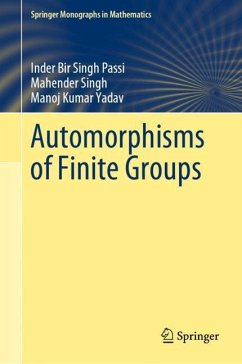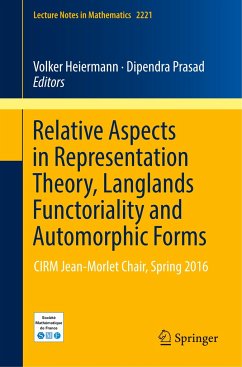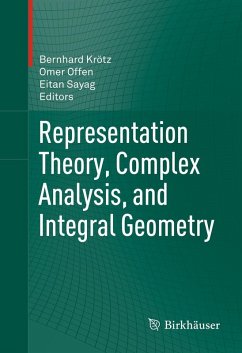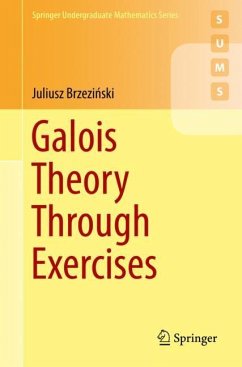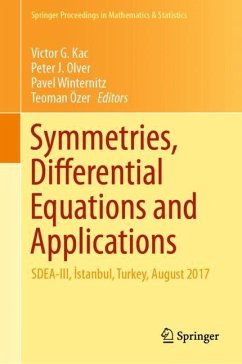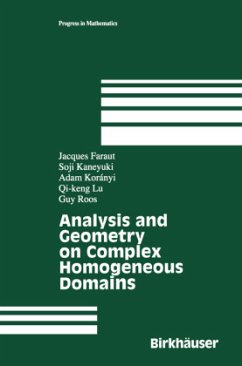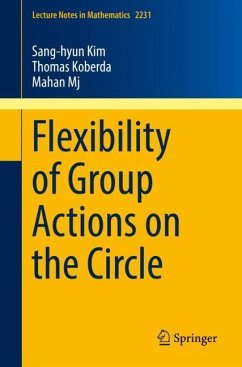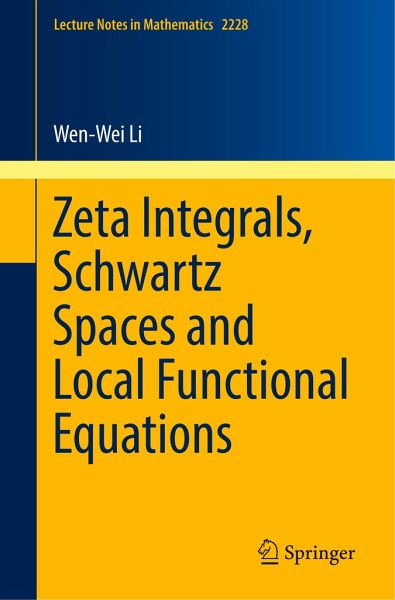
Zeta Integrals, Schwartz Spaces and Local Functional Equations

PAYBACK Punkte
17 °P sammeln!
This book focuses on a conjectural class of zeta integrals which arose from a program born in the work of Braverman and Kazhdan around the year 2000, the eventual goal being to prove the analytic continuation and functional equation of automorphic L-functions.Developing a general framework that could accommodate Schwartz spaces and the corresponding zeta integrals, the author establishes a formalism, states desiderata and conjectures, draws implications from these assumptions, and shows how known examples fit into this framework, supporting Sakellaridis' vision of the subject. The collected re...
This book focuses on a conjectural class of zeta integrals which arose from a program born in the work of Braverman and Kazhdan around the year 2000, the eventual goal being to prove the analytic continuation and functional equation of automorphic L-functions.
Developing a general framework that could accommodate Schwartz spaces and the corresponding zeta integrals, the author establishes a formalism, states desiderata and conjectures, draws implications from these assumptions, and shows how known examples fit into this framework, supporting Sakellaridis' vision of the subject. The collected results, both old and new, and the included extensive bibliography, will be valuable to anyone who wishes to understand this program, and to those who are already working on it and want to overcome certain frequently occurring technical difficulties.
Developing a general framework that could accommodate Schwartz spaces and the corresponding zeta integrals, the author establishes a formalism, states desiderata and conjectures, draws implications from these assumptions, and shows how known examples fit into this framework, supporting Sakellaridis' vision of the subject. The collected results, both old and new, and the included extensive bibliography, will be valuable to anyone who wishes to understand this program, and to those who are already working on it and want to overcome certain frequently occurring technical difficulties.





